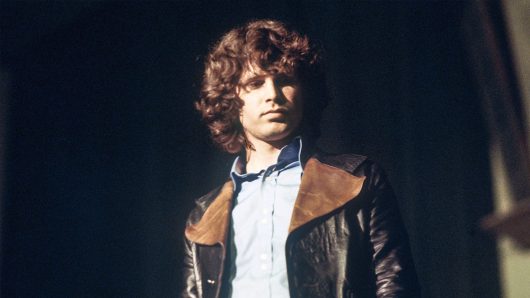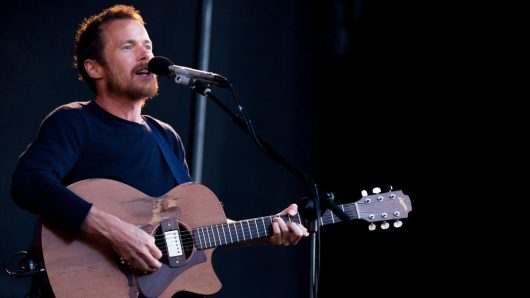For many years, music magazines would, pretty much every year, trot out a “Women In Rock” piece. In these features, disparate artists were lumped together for nothing more than their gender. Sure, they may have celebrated the most influential female musicians, but their influence was discussed, if at all, only as it related to other female artists. The very idea that women could be pioneers seemed inconceivable.
The women on this list are all innovators. Taken together, they have influenced thousands upon thousands of other musicians – both male and female. Very few of these artists confine themselves to one genre, combining influences from all over the musical spectrum (and frequently working in visual, cinematic and activist spaces, too). As this list proves, the most influential female musicians often create genres of their own. They are inspirational, idiosyncratic, iconic – and absolutely majestic.




